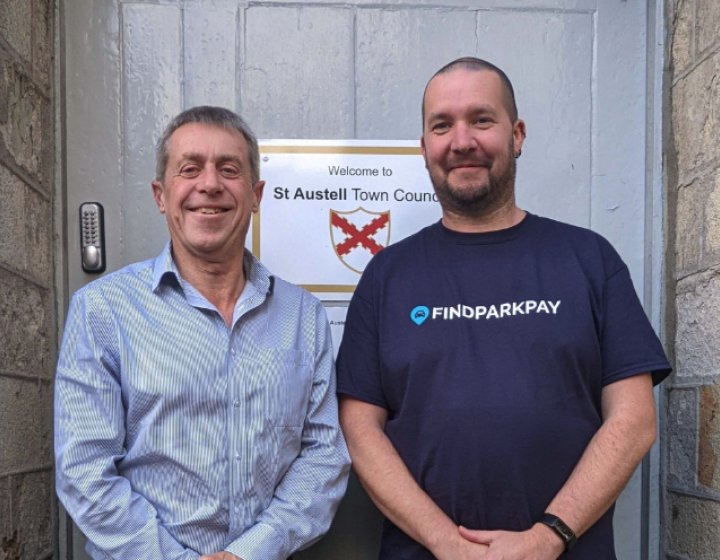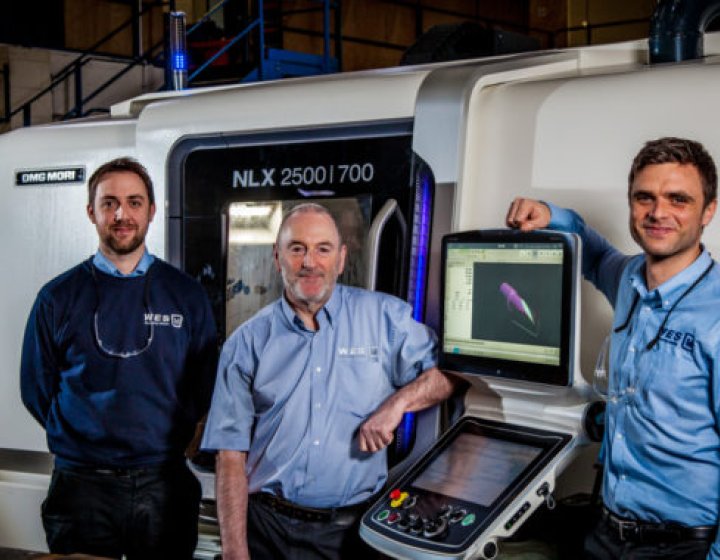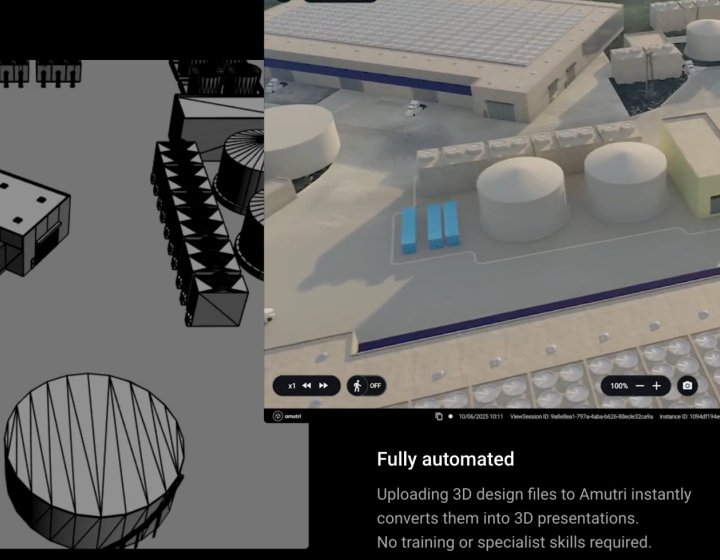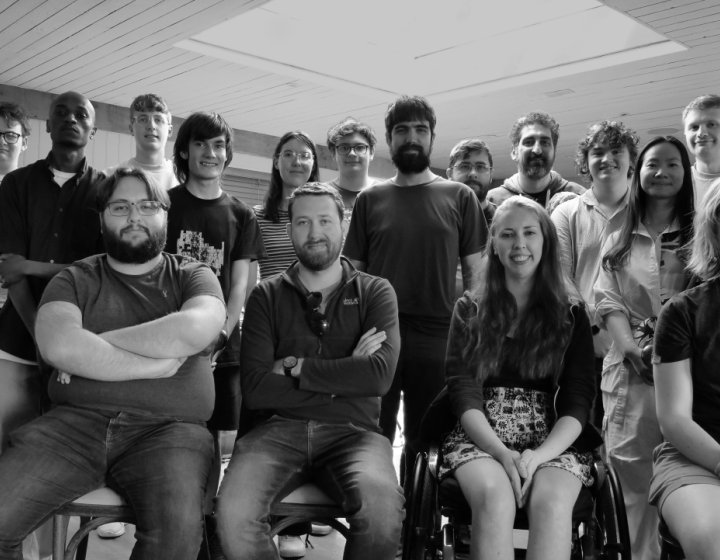Lessons from investment readiness with venture studio start-ups

Written by Lawrie Chandler
Lawrie is a business founder and investor through Edale taking advantage of 20 years working across different industry and markets. Edale is a diversified professional services firm. Edale Enterprises is a business support firm working with public authorities supporting smaller companies and Edale UK Management as a UK FCA regulated investment and venture advisor.
The keys to the funding castle are hard to come by but there are a few common themes that successful fundraisers find. Here are 10 lessons from our experience of coaching and raising investment funds. Edale delivered two cohorts of investment training for Launchpad in late 2020 and early 2021. These are some of the things we feel play an important part in the investment readiness journey.
- Investment readiness is as much about business readiness as its fundraising. Being able to secure investment funding involves being sound in all areas of the business. Knowing the market, critical finances, building traction and growth trajectory are all important to demonstrate value to an investor and increase their conviction in you as an investible organisation.
- You are encouraged to build a moat and castle around your own organisation, these defences exist around investors. Raising money is eased when you know an audience of investors that will lend you an ear and give you guidance and potentially investment funds. Though if you do not know investors it is hard to find them and also get in front of them. Funding investors is an everyday exercise like developing sales and customers, so it needs a regular focus, research, ask, networking or promotional activity.
- Knowing the stage of your enterprise and focusing on value creation to move up the investment readiness level scales. Investment readiness as a continuum. The Investment Readiness Level provides a clear signpost to where an enterprise is on investment readiness scale and what can be prescriptive too with regard to the next stage of support. Therefore, no matter where a firm is in its stage of development, the immediate next milestone – so where the founders should focus their attention next – is clear.
- Build some nugget phrases that encapsulate your business and know them off by heart. A great story and soundbites are important to relay and help the audience to understand what you do. Try explaining your business in three sentences, then one sentence, then six words.
- Quality beats quantity. If you think 'I can do better' this means 'this is not ready'. Ensure you get the best story for now and where you are going. Putting a seed in the ground now and saying we'll be back when the investment opportunity is valid demonstrates knowledge how to be an attractive investment to an investor.
- Be testing and refining your investment story. As the organisation develops the emphasis of your pitch will move to traction and market development. Having paying customers demonstrates there is a customer for your services. The more paying customers the greater the value you can attach to your fundraising.
- Don't expect everyone to know your market. Talk to educate. Investors are not knowledgeable on all the markets so it's key to give them a sample of what the market looks like and the key successes you will have over others. The best way to show this is in traction.
- Focus on the things you don't control to meet investors and move your business forward. Customer, market and sales are the daunting things to focus upon when you are developing I business. Realistically though a business can be very quickly shaped and tested through speaking with the market, customers and sellers. It may mean the occasionally bruising encounter but it does deliver – you'll be amazed how you can speed things up and get first customers with such an approach.
- Plan for this to take more time and longer than expected. Investment fundraising is not a short game. It takes time and timing, needing to be in the right spot at the right time. Be prepared for a six-month journey to fundraise.
- Get a signal from an investor if they are interested on the valuation and amount they would invest. Founders find it difficult to ask an investor what they feel the terms of an investment may look like. The challenge, if an investor is interested to invest and discussions are getting to a due diligence stage, is that the time founders and investors use here cab be lost if the headlines are not clear. So its best to be clear what terms and investment amount that could be made. If the founder and investors are streets apart then time on due diligence are wasted unless some common agreement can be reached. Agreeing middle ground before due diligence can be an exercise to show the company is worth the amount agreed as demonstrated through quality and organised due diligence exercise.
The venture journey and fundraising are similar to getting a business going albeit harder as the investor gets directly involved with a business whilst a customer buys what you are making so sees value. Creating value and trust involve good investment readiness.




